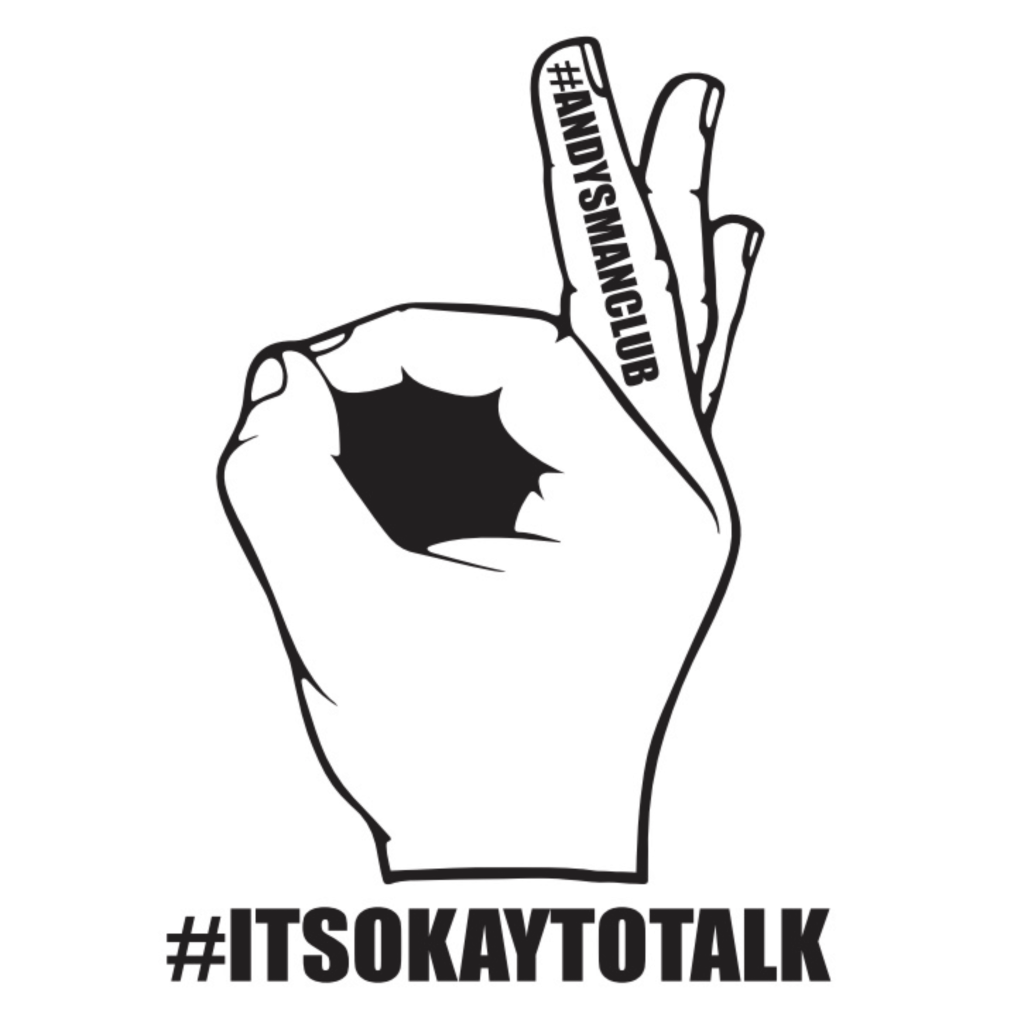How Gender Expectations Shape Men’s Emotional Expression
From a young age, many men are taught that being strong means being emotionally reserved. Messages like “man up,” “boys don’t cry,” and “be tough” reinforce the idea that vulnerability is a weakness. As a result, many men suppress their emotions, internalising distress rather than expressing it. While this may seem like a way to maintain control, emotional suppression can lead to long-term mental health struggles, strained relationships and even physical health issues.
Masculinity is often defined by traits like independence, resilience and stoicism. While these qualities can be beneficial, when taken to an extreme they can prevent men from seeking help, opening up to loved ones or acknowledging their struggles. The good news is that these outdated beliefs can be unlearned, allowing men to develop healthier emotional expression and stronger relationships.
The Impact of Emotional Suppression on Men’s Mental Health
Many men have been conditioned to believe that emotions like sadness, fear or anxiety should be hidden or ignored. Instead of expressing distress, they may:
- Suppress emotions until they manifest as anger, frustration or irritability
- Numb feelings through distractions like excessive work, alcohol or risky behaviours
- Withdraw from social connections, leading to isolation and loneliness
- Develop physical symptoms like headaches, tension or chronic fatigue due to unresolved stress
Research has shown that men who suppress emotions are at higher risk for anxiety, depression and suicidal thoughts. Emotional suppression has been linked to increased stress and a higher likelihood of engaging in harmful coping mechanisms.
Breaking Free from Restrictive Masculinity
The traditional idea that men must always be tough and self-reliant is shifting, but many still struggle with internalised beliefs about what it means to be a man. Unlearning outdated gender expectations does not mean rejecting masculinity. It means redefining it in a way that allows for emotional well-being.
Challenge the “Tough Guy” Mentality
Being emotionally open does not mean being weak. True strength comes from self-awareness and the ability to express emotions in a healthy, constructive way. Recognising that vulnerability is part of the human experience can be a powerful step toward emotional growth.
Recognise That Emotions Are Not the Enemy
All emotions serve a purpose. Suppressing emotions does not make them disappear. It just buries them, often leading to outbursts or long-term stress. Learning to acknowledge and process emotions without judgment can improve both mental health and relationships.
Build a Support Network
Many men hesitate to confide in friends or family, fearing they will be judged. However, opening up to trusted people can strengthen relationships and provide much-needed emotional support. Whether through close friends, support groups or therapy, talking about emotions helps normalise vulnerability.
Develop Healthy Coping Strategies
Instead of bottling up emotions, men can explore healthier ways to process them, such as:
- Practising mindfulness or meditation to improve emotional awareness
- Engaging in physical activities like sports or exercise to release built-up stress
- Writing or journaling to process thoughts and feelings privately
- Seeking constructive ways to express emotions, such as through creative outlets or meaningful conversations
How Therapy Can Help Men Relearn Emotional Expression
Therapy provides a safe space for men to explore the beliefs they have been taught about masculinity and emotion. Many men find it difficult to express feelings because they were never given the tools to do so. Therapy helps by:
- Challenging limiting beliefs about masculinity and emotional suppression
- Teaching practical skills for recognising and processing emotions
- Providing strategies for expressing vulnerability in a way that feels natural
- Encouraging healthier relationships by improving communication and emotional awareness
Men do not have to carry emotional burdens alone. Seeking support is not a sign of failure. It is a step toward a healthier, more balanced life. Men’s Therapy Hub connects men with therapists who understand these challenges and can help redefine what it means to be emotionally strong.
Letting go of outdated gender expectations does not mean losing masculinity. It means gaining the freedom to experience life fully, with all its emotions, connections and growth.















